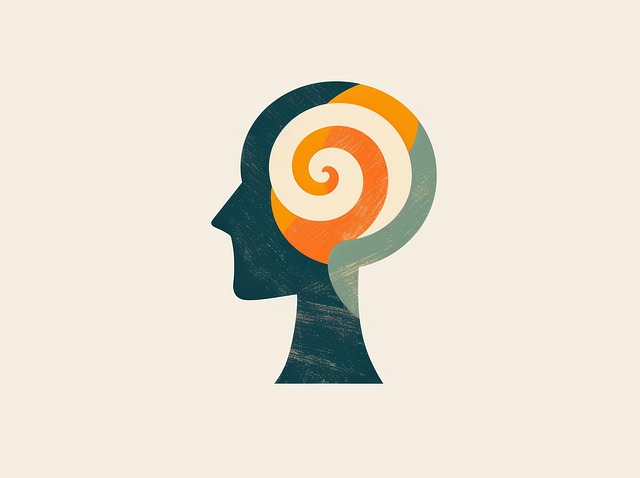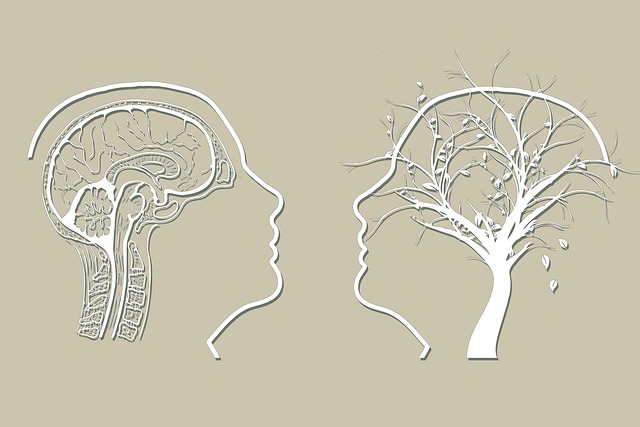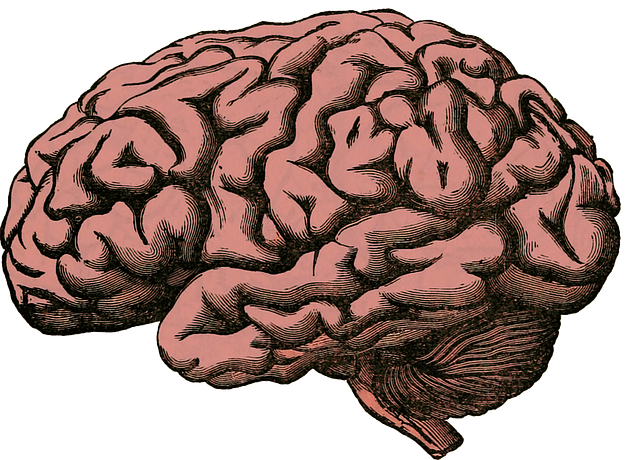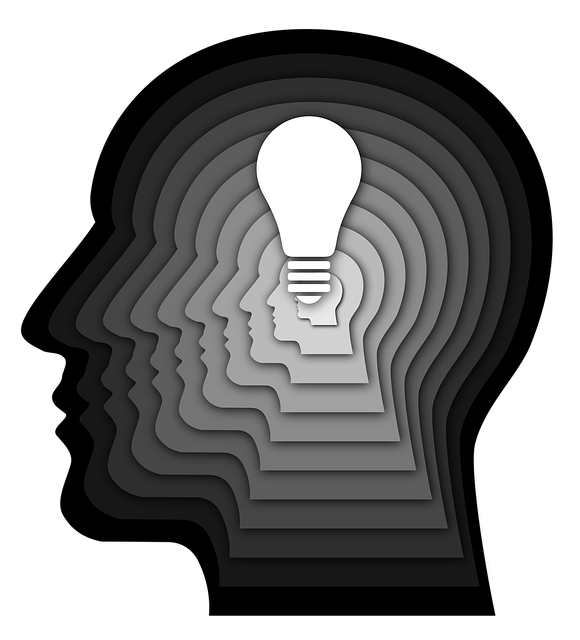Denver Biofeedback Therapy promotes mental wellness through journaling, encouraging individuals to explore thoughts and emotions. This practice enhances emotional intelligence, stress management, and personal growth by tracking feelings, identifying triggers, and fostering resilience. Journaling, combined with self-awareness exercises and self-care activities, offers a holistic approach to mental health, backed by studies and cultural sensitivity training. By reviewing entries, individuals gain insights into emotional patterns, enabling better coping mechanisms and improved well-being, benefiting both personal and professional lives.
“Unwind and prioritize your mental wellness with the transformative power of journaling. This article guides you through a nurturing practice, offering insights into ‘Mental Wellness Journaling’. Discover how this simple yet effective exercise enhances mindfulness and promotes self-care. We explore its numerous benefits, from stress reduction to improved emotional awareness. Learn practical tips for setting up your journal and discover Denver Biofeedback Therapy techniques to deepen your journaling experience. By the end, you’ll be equipped to track progress and tailor this practice to your unique needs.”
- Understanding Mental Wellness Journaling
- Benefits of Regular Journaling for Mindfulness
- Setting Up Your Journal: Tools and Tips
- Denver Biofeedback Therapy: Integrating Techniques
- Tracking Progress and Adjusting Your Practice
Understanding Mental Wellness Journaling

Mental wellness journaling is a powerful self-care practice that allows individuals to explore and understand their thoughts, emotions, and experiences. It involves documenting feelings, reflections, and personal insights in a structured yet personal way, serving as a valuable tool for enhancing mental well-being. By dedicating time each day or week to write in a journal, one can gain clarity on their emotional state, identify triggers, and develop effective coping mechanisms.
This practice, often encouraged by Denver Biofeedback Therapy, promotes emotional intelligence and self-awareness. It enables individuals to track their progress over time, notice patterns, and set achievable goals for personal growth. Through journaling, people can also experiment with various communication strategies, risk management planning for mental health professionals, and learn to regulate intense emotions. It’s a private space where one can freely express themselves without judgment, fostering better mental resilience and overall wellness.
Benefits of Regular Journaling for Mindfulness

Regular journaling can be a powerful tool for cultivating mindfulness and enhancing mental wellness, as supported by various studies in the field of Denver biofeedback therapy. By documenting thoughts, feelings, and experiences on a consistent basis, individuals can develop a deeper understanding of their emotional patterns and triggers. This introspective practice allows for increased self-awareness, enabling people to recognize and manage stress more effectively. For mental health professionals, maintaining a journal can serve as an essential part of their risk assessment process, helping them identify potential burnout prevention strategies and make informed decisions regarding their well-being.
Beyond individual benefits, mindfulness practices through journaling have implications for broader mental health policy analysis and advocacy. Research suggests that these techniques contribute to improved emotional regulation, reduced anxiety, and enhanced overall life satisfaction. By incorporating journaling into therapeutic routines or even encouraging its use in communities, professionals can support individuals in navigating challenging emotions and fostering resilience. This simple yet profound practice has the potential to impact not only personal mental health but also societal well-being on a larger scale.
Setting Up Your Journal: Tools and Tips

When setting up your mental wellness journal, consider it a space dedicated to your personal exploration and growth. Tools such as colored pens, markers, or even digital journaling apps can enhance the experience, making it more engaging and visually appealing. Start with a routine that feels natural; some find calm in the quiet of early mornings, while others prefer winding down after a day’s activities. Consistency is key, so choose a time that you can commit to regularly.
Denver Biofeedback Therapy can offer valuable insights into managing stress and anxiety, and your journal can be a powerful companion on this journey. Incorporate Self-Awareness Exercises like reflecting on your emotions, thoughts, and physical sensations throughout the day. Additionally, consider developing a Self-Care Routine within your journaling practice, noting down activities that promote well-being, such as meditation, exercise, or spending time in nature. This holistic approach, backed by Healthcare Provider Cultural Competency Training, ensures a culturally sensitive and inclusive mental wellness journey.
Denver Biofeedback Therapy: Integrating Techniques

Denver Biofeedback Therapy offers a unique approach to mental wellness through its integration of various techniques designed to help individuals gain control over their physiological responses, thereby improving their emotional well-being. This therapy combines biofeedback with behavioral strategies, allowing clients to learn how their bodies react to stress and other triggers. By understanding these reactions, individuals can develop personalized coping mechanisms that promote better mental health.
One of the key benefits of Denver Biofeedback Therapy is its focus on burnout prevention for healthcare providers, who often face high-stress environments due to demanding work schedules and emotional demands. This therapy incorporates cultural competency training for healthcare providers, ensuring tailored support that respects diverse backgrounds and experiences. By mastering stress management techniques through biofeedback, healthcare professionals can enhance their resilience, avoid mental health issues like burnout, and ultimately provide better care for their patients.
Tracking Progress and Adjusting Your Practice

As you progress through your mental wellness journaling journey, tracking your emotions and thoughts over time becomes a powerful tool for self-awareness. Denver Biofeedback Therapy can help guide this process by offering insights into what triggers certain feelings and how your practice is impacting your overall emotional landscape. Regularly reviewing your entries allows you to identify patterns, recognize recurring themes, and gain valuable perspective on your personal growth.
Adjusting your journaling practice is an integral part of the process. By acknowledging what works best for you, whether it’s changing the time of day you write, trying different prompts, or exploring new formats like art journaling, you can tailor this exercise to enhance your emotional healing processes. Consider incorporating insights from the Mental Wellness Podcast Series Production community or engaging Trauma Support Services to further enrich your journey and unlock profound self-discovery.
Mental wellness journaling is a powerful tool for self-care, offering numerous benefits highlighted throughout this guide, including enhanced mindfulness and improved emotional regulation. By incorporating Denver Biofeedback Therapy techniques into your routine, you can deepen the therapeutic effect. Regular practice allows you to track progress, adjust your approach, and cultivate a stronger relationship with your mental wellness. Remember, consistency is key; make journaling an integral part of your self-care journey for lasting positive outcomes.








